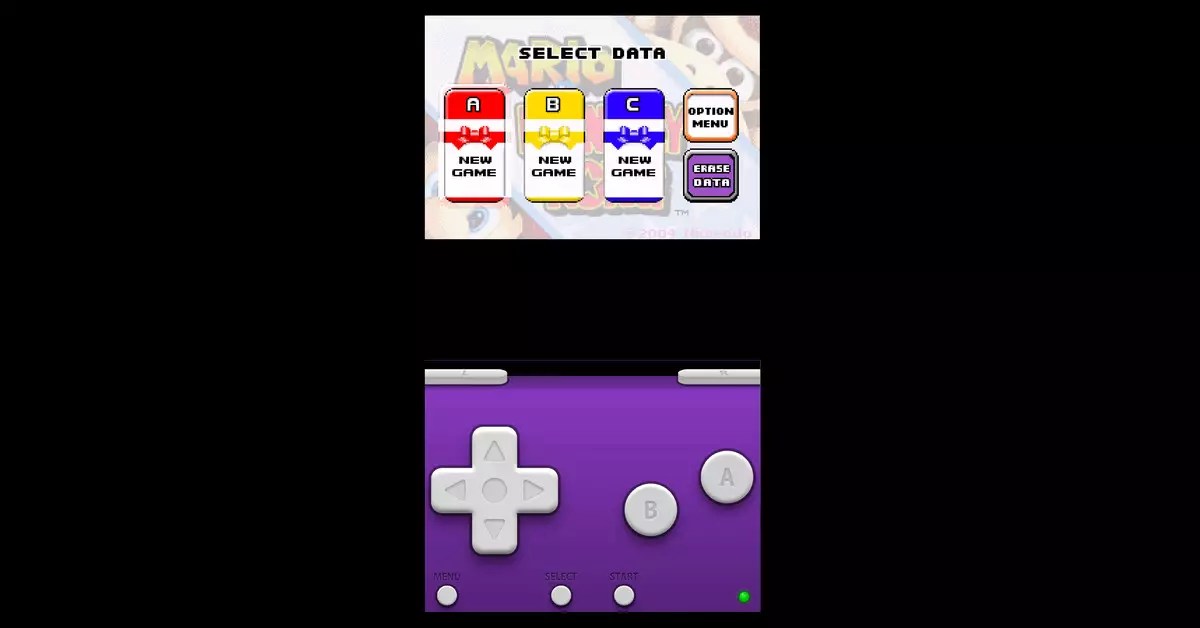The recent release of the iGBA emulator on the App Store has stirred up controversy, with developer Riley Testut claiming that the app is an unauthorized clone of his open-source emulator, GBA4iOS. Testut expressed disappointment that Apple approved iGBA, which he views as a knock-off of his flagship app, Delta. While Testut has been working on releasing AltStore as an alternative app marketplace, he remains frustrated by Apple’s decision to allow iGBA.
One of the major issues with iGBA is its data collection practices, as indicated in its App Store listing. The app reportedly collects data that can be used to identify users, such as location data and identifiers. While developer Mattia La Spina claims that the app did not intend to cause controversy, it is essential for users to review the app’s privacy policy on Github before using it to understand the extent of data collection.
In comparison to other emulators available on the App Store, such as Emu64 XL, iGBA appears to have a more streamlined approach to data tracking. Emu64 XL, a Commodore 64 emulator, was found to have extensive tracker toggles and consent forms for users. The difference in data collection practices between iGBA and Emu64 XL highlights the varying approaches taken by developers in addressing user privacy concerns.
Apple’s decision to allow emulators on the App Store marks a shift in the company’s strict control over its platform. With regulatory pressures from entities like the EU’s Digital Markets Act and the US Department of Justice, Apple is facing increased scrutiny over its app distribution policies. The recent approval of emulators on the App Store signals a potential loosening of Apple’s restrictions, allowing alternative app stores and sideloading on the iPhone.
While the availability of emulators on the App Store is seen as a positive development for users, the controversy surrounding iGBA highlights the challenges faced by developers in navigating Apple’s strict approval process. The unauthorized cloning of GBA4iOS and concerns over data collection practices raise important questions about privacy and intellectual property rights in the digital age. As Apple grapples with regulatory pressure and legal challenges, the future of app distribution on the App Store remains uncertain.


Leave a Reply